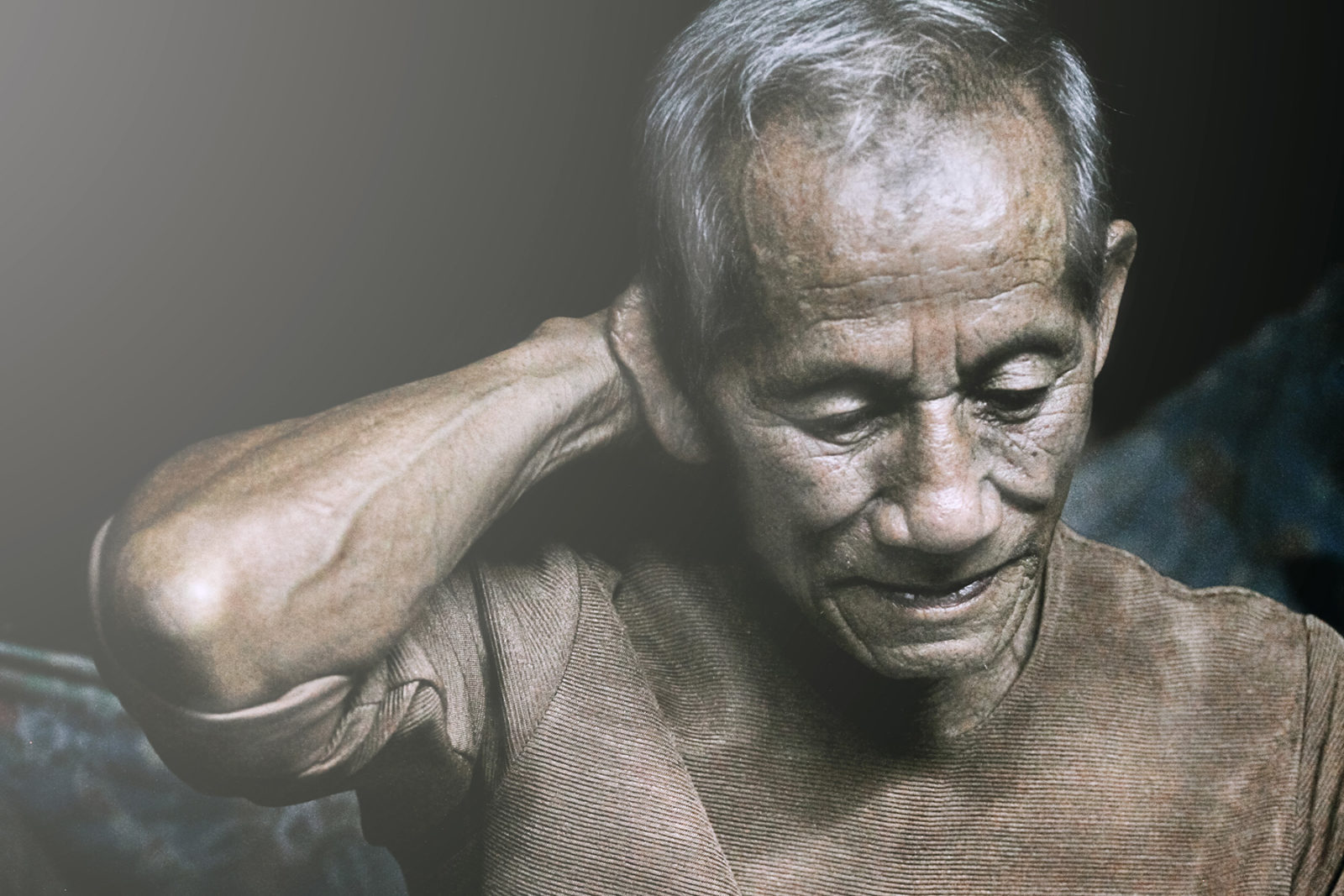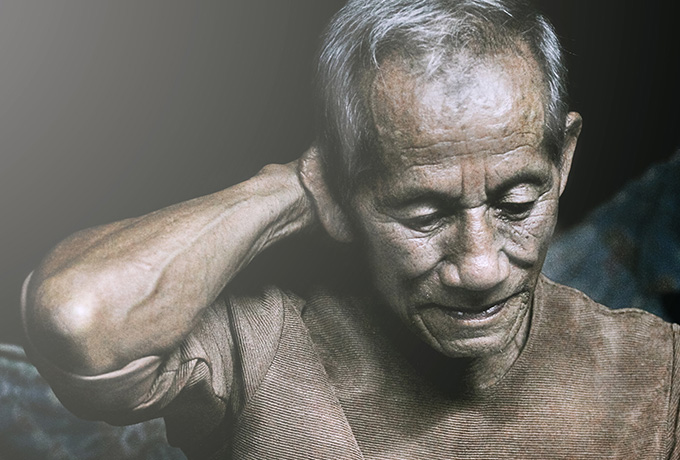What is depression?
Depression is a common mental health condition that affects many Australians. Learn more about depression – its symptoms, causes, and treatment options.
Read moreDepression affects people of all ages. It is not an inevitable or normal aspect of ageing, although some of the changes that may accompany ageing, such as poor health and the loss of peers and loved ones, may contribute to it. Here MensLine Australia explores how to recognise the symptoms of depression, and how to treat it.

Depression affects people of all ages.
It is not an inevitable or normal aspect of ageing, although some of the changes that may accompany ageing, such as poor health and the loss of peers and loved ones, may contribute to it.
Most of us will feel sadness or grief during our lives, that feeling is normal and will usually not last very long. Depression is an intense feeling of sadness that lasts for a long time, sometimes weeks, months or years and can interfere with your day-to-day life.
Depression can be caused by biological, social and psychological factors. Causes of depression in later life may include difficulty in adjusting to retirement, loss of friends or loved ones, chronic illness, and financial pressure.
Symptoms of depression include:
Depression is often not recognised by relatives and friends of older people because the symptoms may be interpreted as normal aspects of the ageing process.
Men in general and older men, in particular, tend to hide or deny their depression. This is often due to cultural ideas about manhood suggesting that men should keep their feelings to themselves and that mental health problems are a sign of personal weakness. Men who hold on strongly to these traditional ideas about masculinity may be reluctant to seek help or even admit to feeling sad. They may focus on physical symptoms rather than their emotions. They may also not recognise the signs of depression.
Depression is treatable. There are psychological treatments that can help to reduce negative thinking, create strategies to tackle problems and improve relationships. For some, a combination of medication and psychological treatments may work best. It is important to find an approach that works for your situation.
If you are concerned about yourself or a loved one, speak to your GP or a mental health professional such as a MensLine Australia counsellor.
If you are on treatment and start to feel better, try doing things that you used to enjoy before you had depression.
Here are some other ideas that may help:
MensLine Australia is available 24 hours a day, seven days a week, with professional counsellors providing information and support for all relationship issues. Call us on 1300 78 99 78 or access free video and online counselling.
Depression is a common mental health condition that affects many Australians. Learn more about depression – its symptoms, causes, and treatment options.
Read more
Depression affects people of all ages. It is not an inevitable or normal aspect of ageing, although some of the changes that may accompany ageing, such as poor health and the loss of peers and loved ones, may contribute to it. Here MensLine Australia explores how to recognise the symptoms of depression, and how to treat it.
Read more